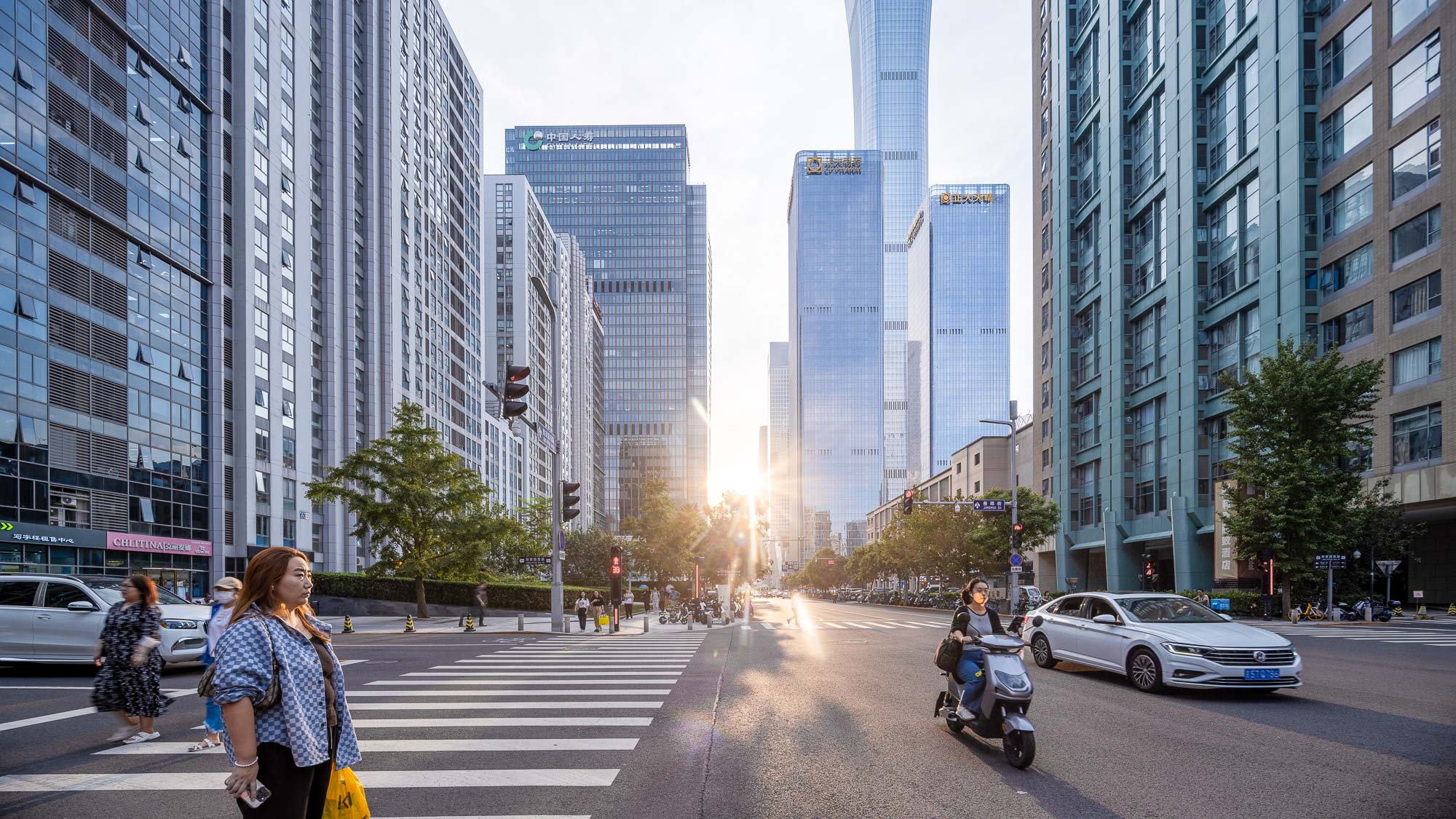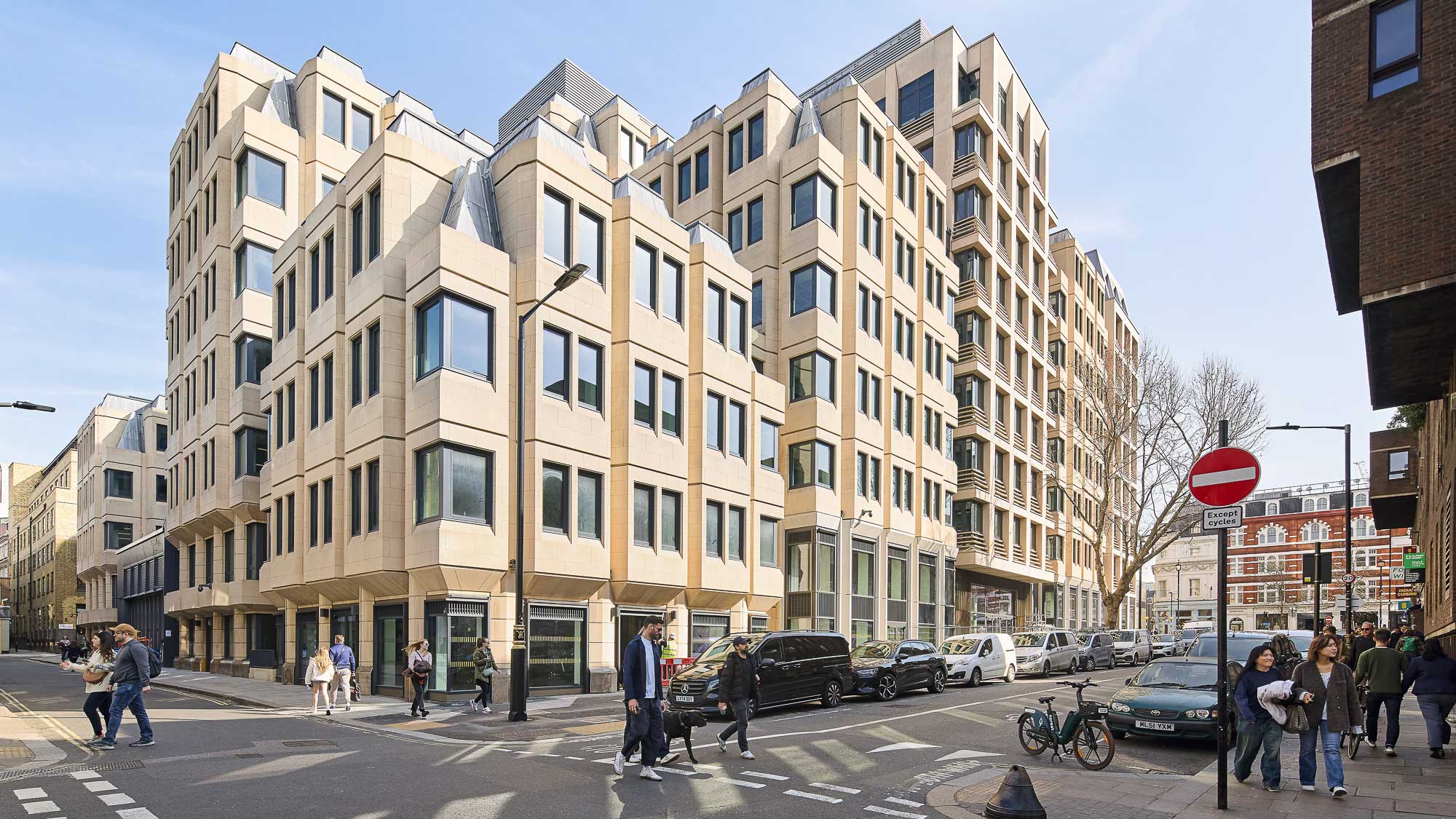May 21, 2025
New Research from Gensler Unveils the Magnetic Forces Shaping Cities — and Why People Choose to Stay
Gensler’s 2025 City Pulse Survey Examines the Emotional and Practical Drivers of Urban Migration, Drawing Insights From 33,000 Residents Across 65 Global Cities.
SAN FRANCISCO — As cities worldwide compete for talent, economic vitality, and resilience, new findings from the Gensler Research Institute reveal a powerful differentiator: emotional connection. City Pulse 2025: The Magnetic City is Gensler’s most expansive urban study to date, reframing how we measure the success of cities beyond physical infrastructure and focusing on the human experience.
Drawing from the perspectives of more than 33,000 residents across 65 cities on six continents, the report introduces a compelling insight: the forces that attract people to cities — economic opportunity, safety, healthcare — often diverge from those that retain them. Long-term urban vitality depends not only on what a city offers, but how it makes people feel.
“People move to cities for opportunity, but they stay because of something deeper: joy, meaning, and connection,” said Sofia Song, Global Cities Research Leader at Gensler. “City Pulse makes clear that emotional connection isn’t a soft metric — it’s the foundation of urban resilience. If cities want to thrive, they need to design for belonging as much as they design for growth.”

Key findings from City Pulse 2025 include:
- One in three global residents is considering leaving their city. But retention is significantly higher where people report a strong sense of belonging and pride.
- Smaller cities are on the rise. These places increasingly offer the right mix of livability, identity, and affordability — challenging assumptions about urban migration.
- The Global South takes center stage. With robust representation from Latin America, Africa, and Asia Pacific, City Pulse 2025 delivers one of the most globally inclusive views of urban life.
- Affordability remains critical — but it’s not enough. While cost of living is the primary factor driving intent to leave, emotional satisfaction — feeling proud of and connected to one’s city — is the strongest predictor of staying.
- Newcomers are most at risk of leaving. People who’ve lived in a city fewer than five years are far more likely to consider moving, revealing an urgent need for cities to meaningfully integrate new arrivals.
These findings point to a critical shift in how urban leaders should define growth and success. Rather than focusing solely on expansion or economic development, the most forward-thinking cities are investing in “emotional infrastructure” — public spaces, cultural touchpoints, and community experiences that cultivate pride, connection, and long-term commitment. This people-first approach to planning and design is emerging as a strategy for resilience, equity, and sustainable urban growth.
Now in its fifth year, the annual City Pulse survey reflects Gensler’s commitment to advancing human-centric design. The Magnetic City builds on this foundation with fresh insights for developers, policymakers, and civic leaders seeking to understand what truly binds people to place — and why it matters.

About Gensler
At Gensler, the value of our work stems from its positive impact on the human experience. We are a dynamic and collaborative design firm uniting creativity, research, and innovation to solve complex problems for our clients. Our work challenges conventional ideas about architecture and the built environment. We aren’t just designing buildings — we are reimagining cities and places that make a difference in people’s lives. Founded in 1965, Gensler has built a team of 6,000 professionals who partner with clients in over 100 countries each year. Everything we do is guided by our mission: to create a better world through the power of design.
About the Gensler Research Institute
The Gensler Research Institute is a collaborative network of researchers focused on a common goal: to generate new knowledge and develop a deeper understanding of the connection between design, business, and the human experience. Through a combination of global and local research grants, and external partnerships, we seek insights focused on solving the world’s most pressing challenges. We are committed to unlocking new solutions and strategies that will define the future of design.
Media Contact:
Sara Munday
Global Director, Public Relations
For any media inquiries, please email .